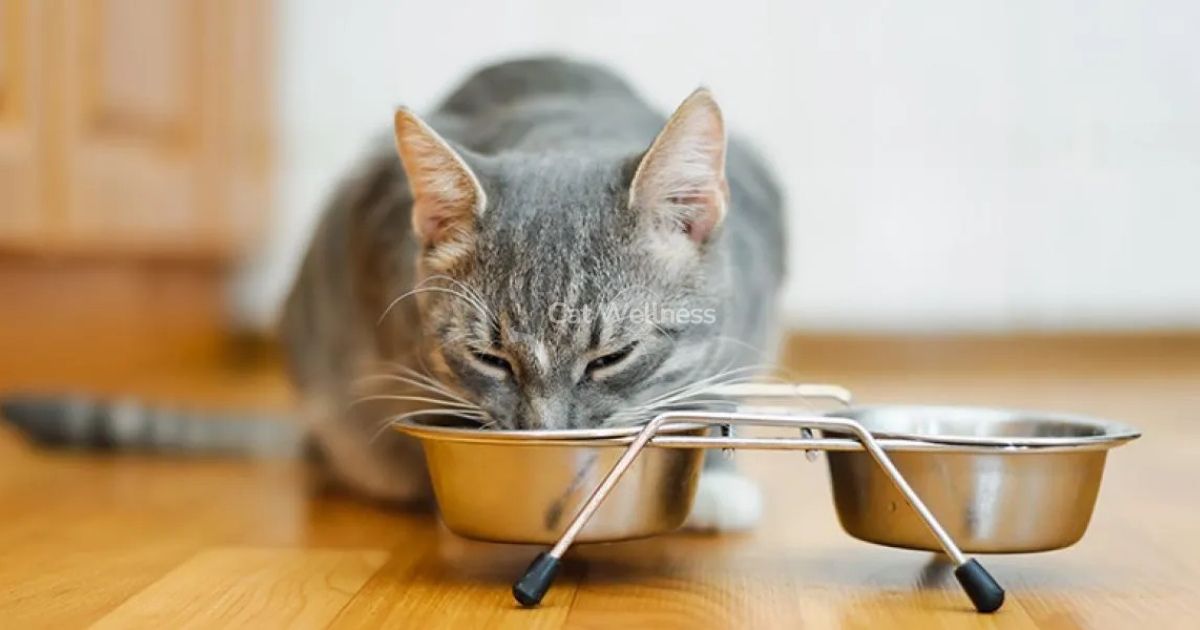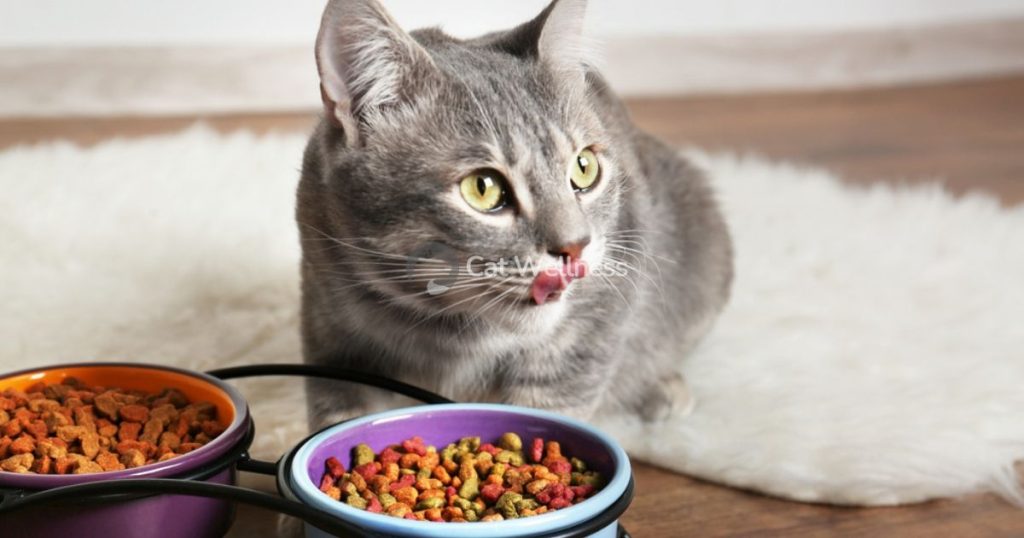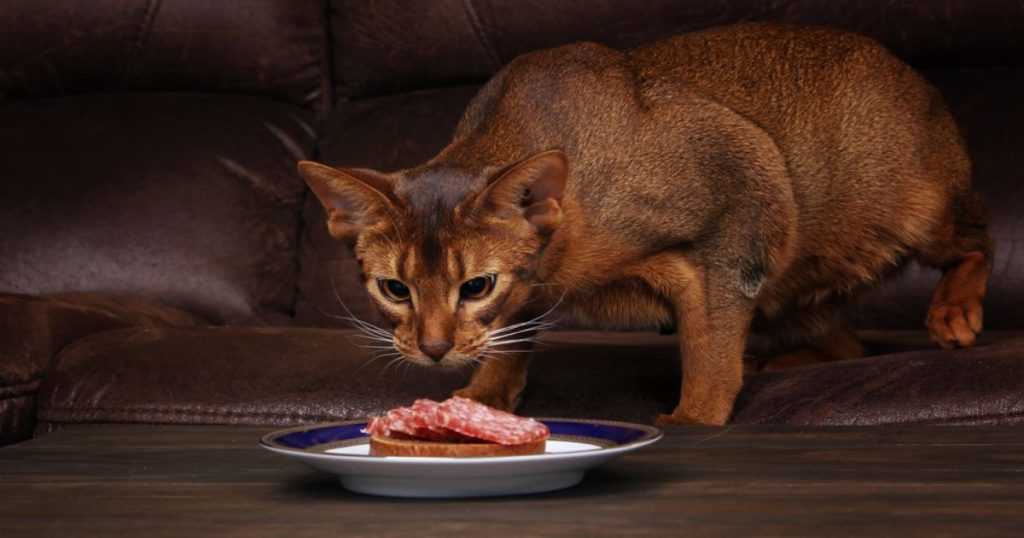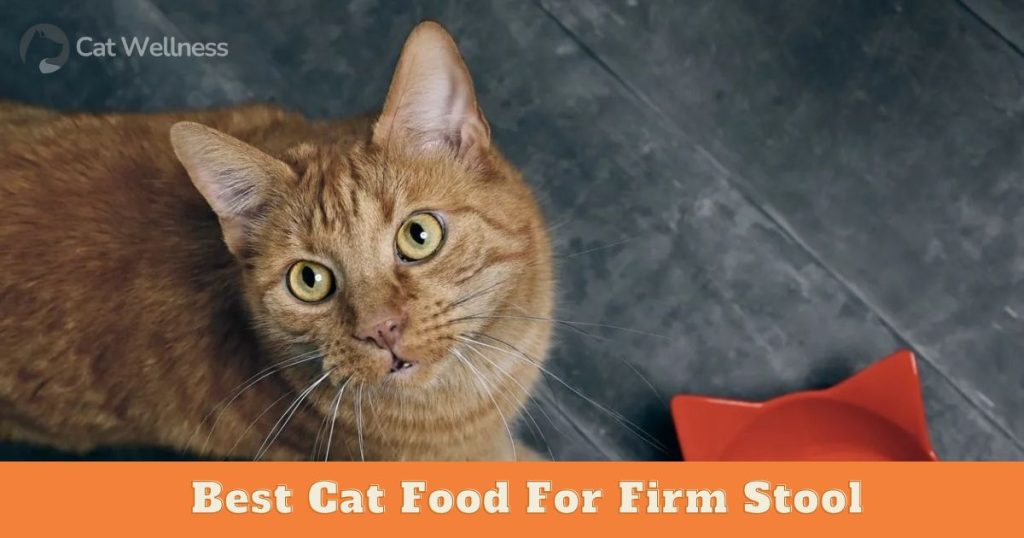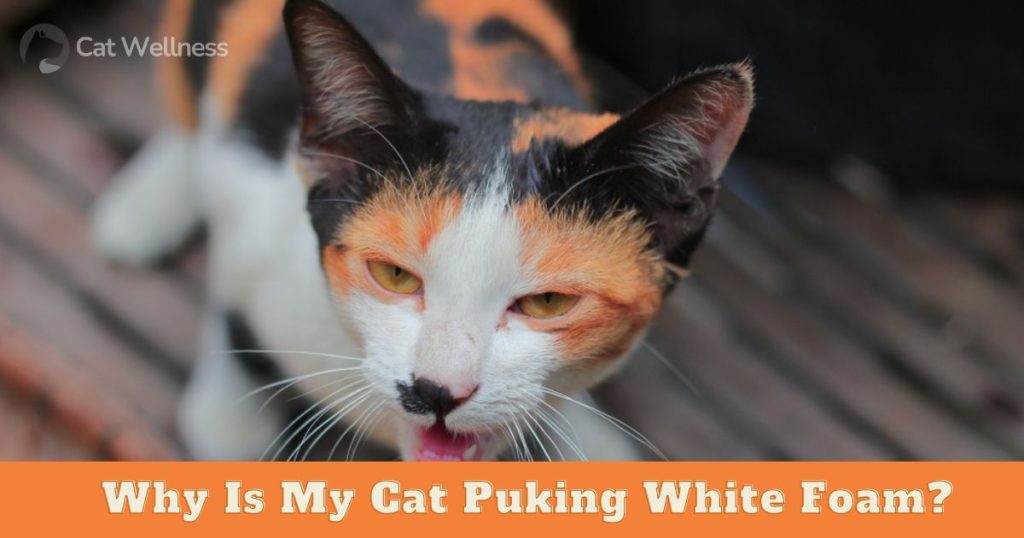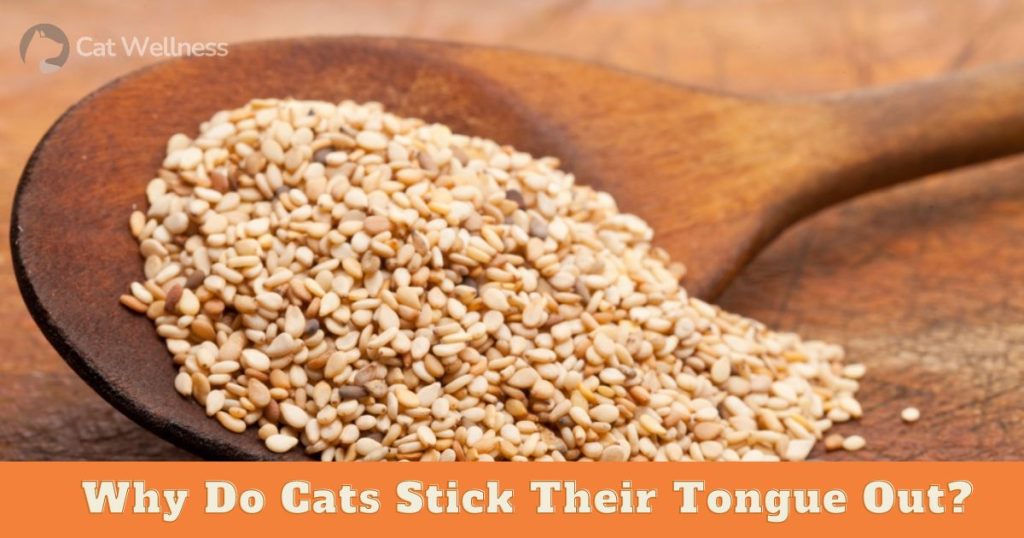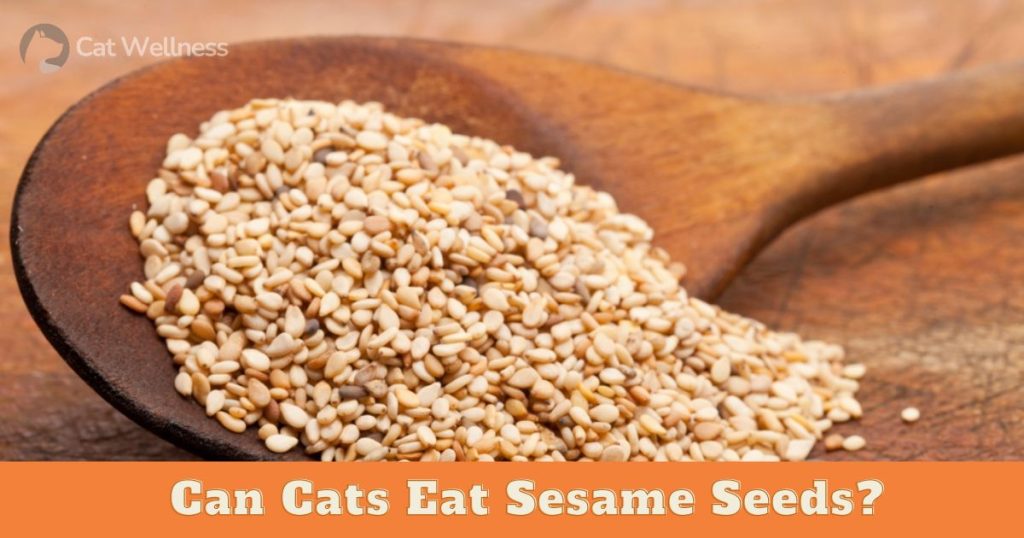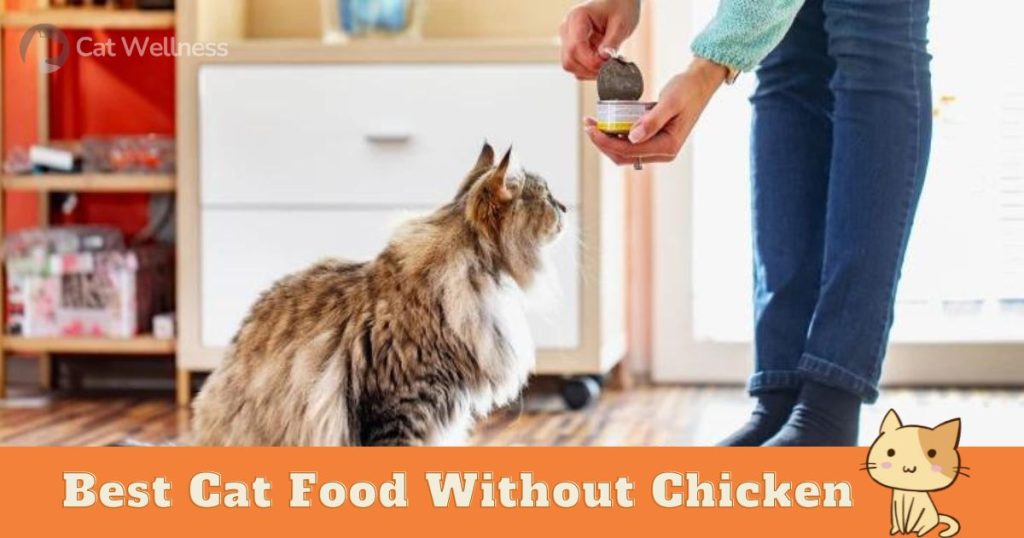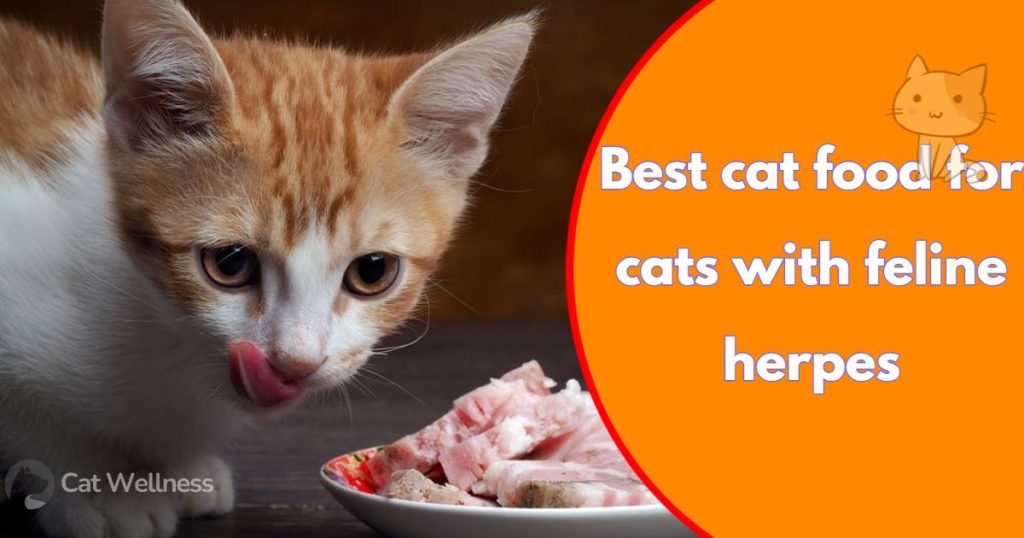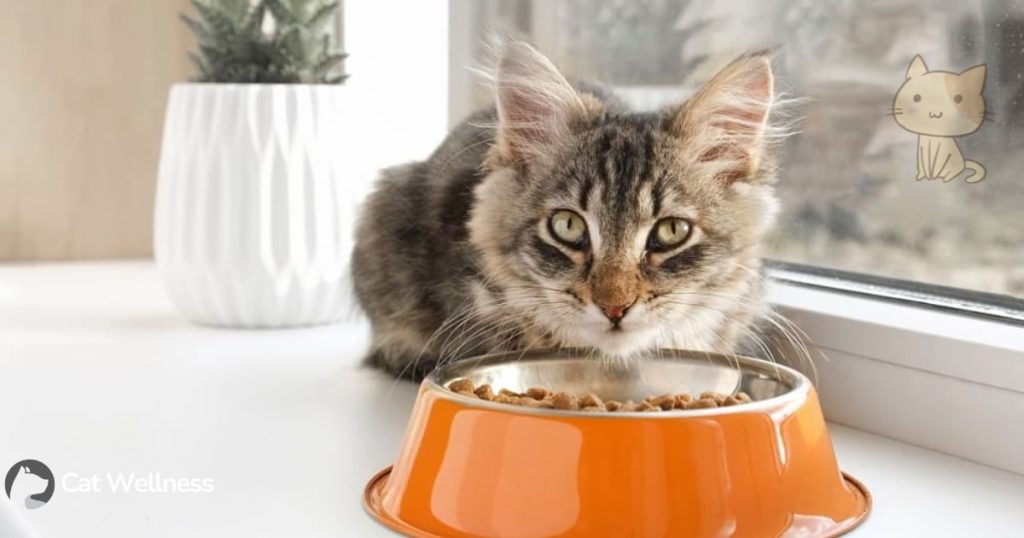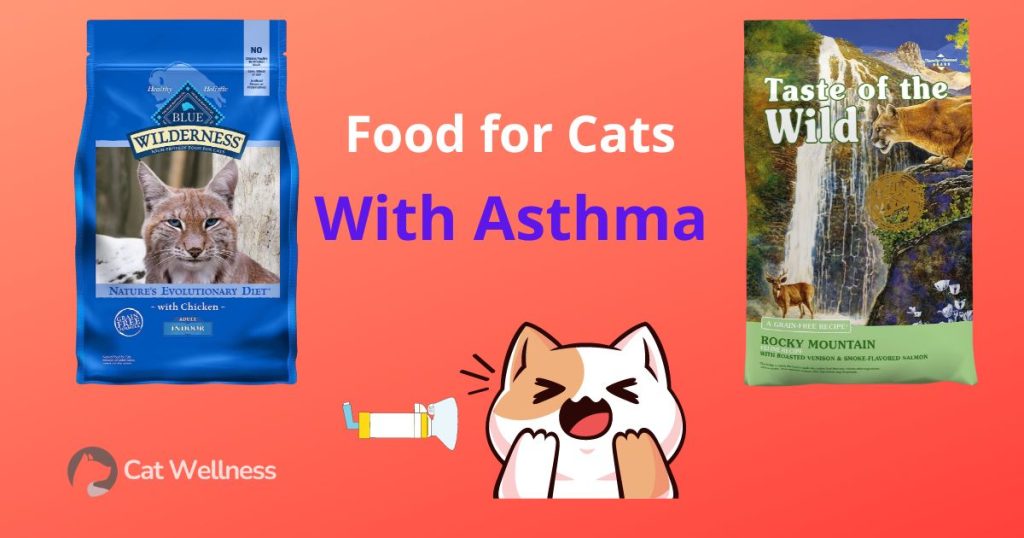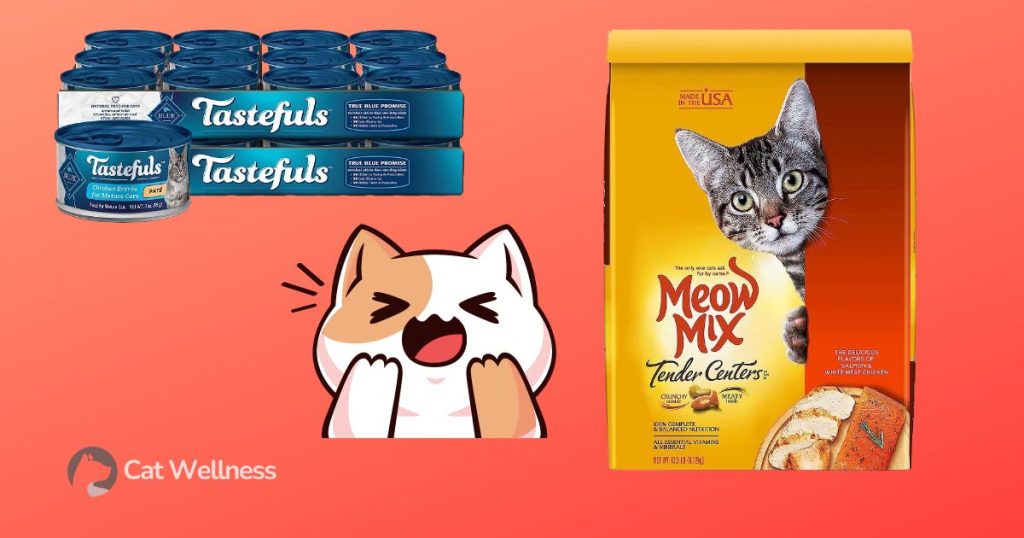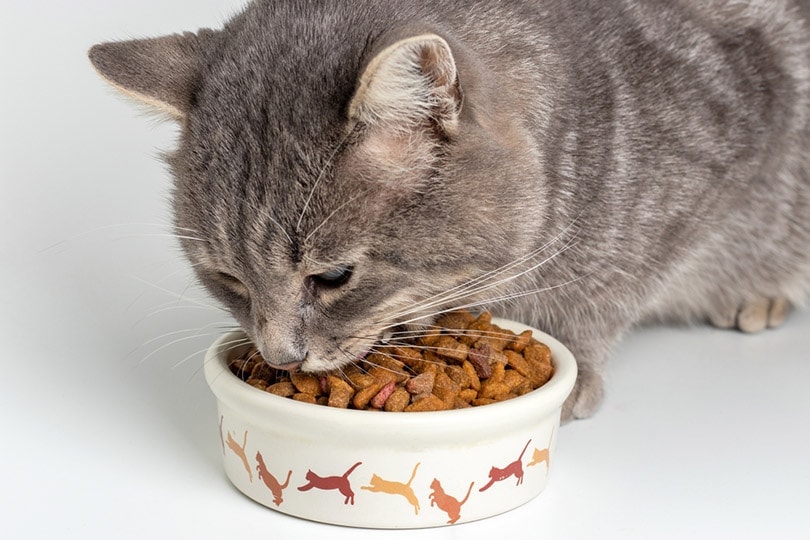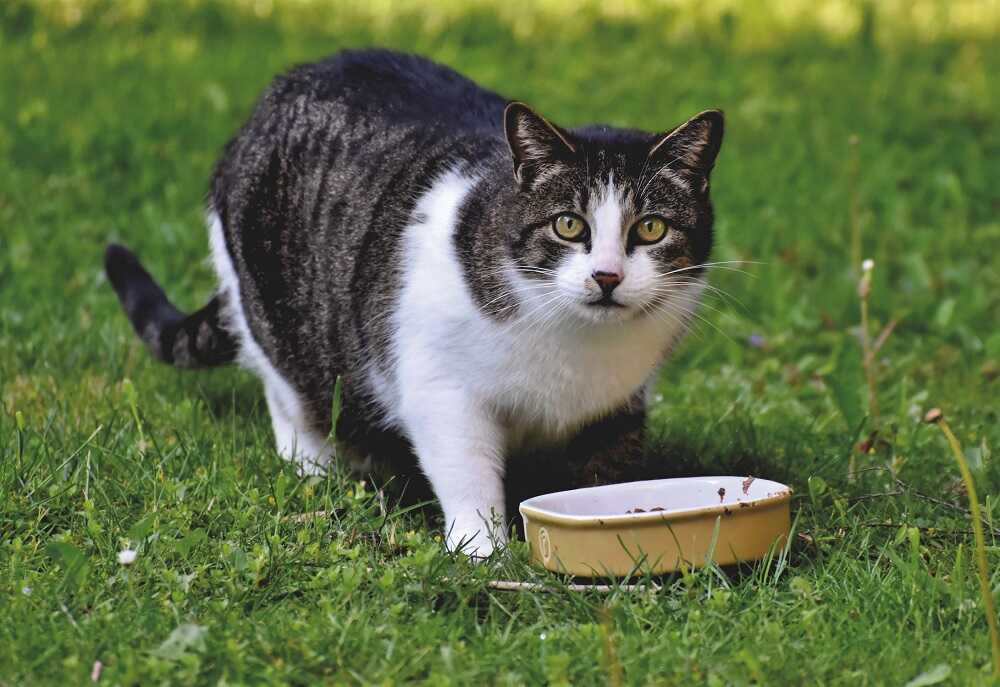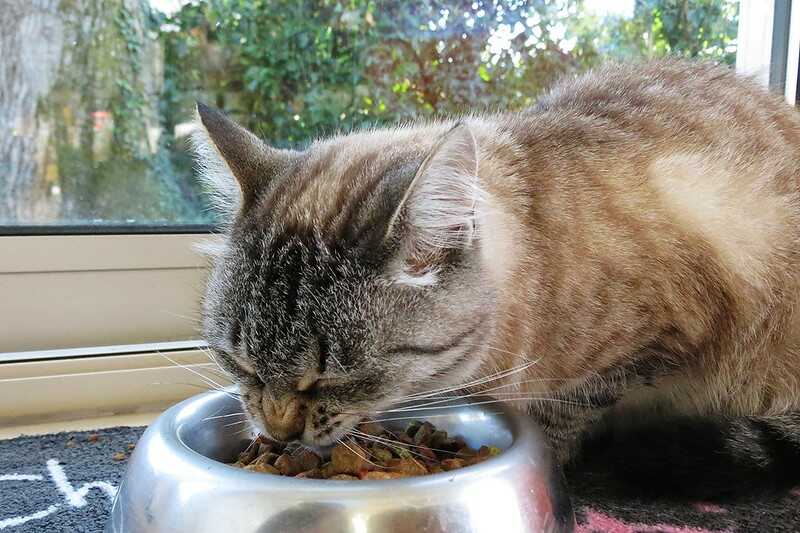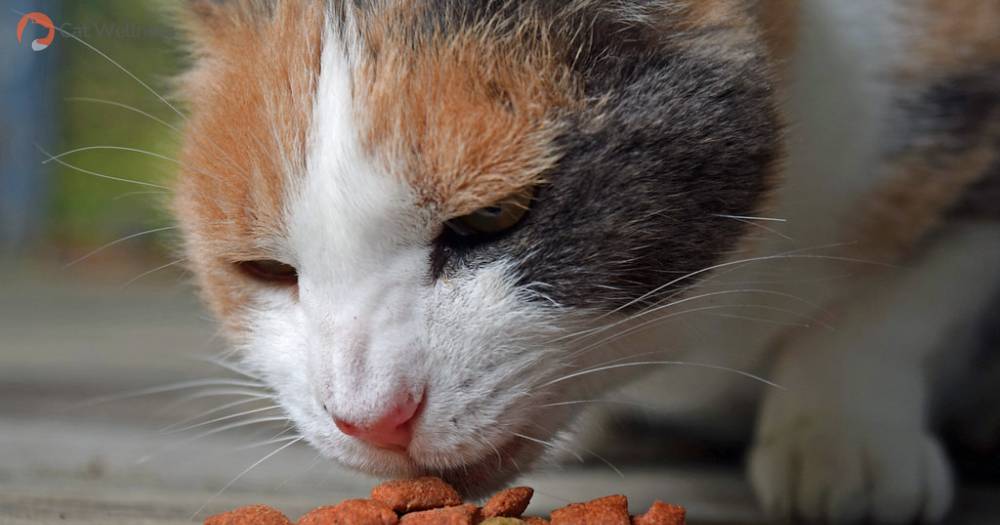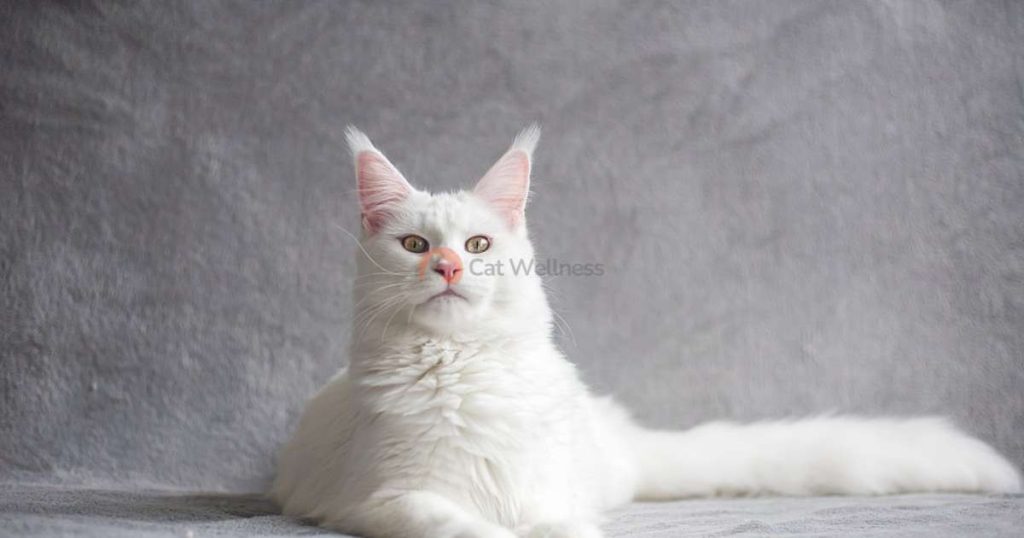Cats are famous for their demanding and occasionally unusual eating preferences. Responsible cat owners must know which foods are harmless for their beloved feline companions.
In this piece, we will tackle the query: Can cats eat spam? We will investigate what Spam is, determine if it’s appropriate for cats, and provide guidance in case your cat unintentionally ingests it. Furthermore, we will also go over five food types that can harm cats.
What is Spam?
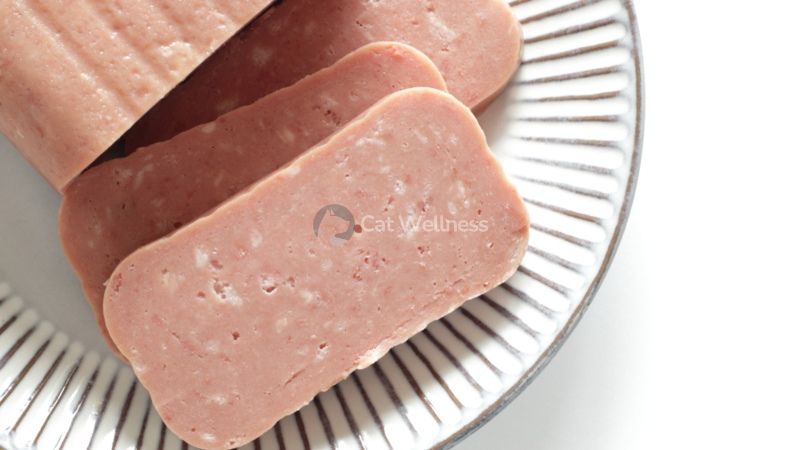
Spam is a popular canned meat product that has been available since the 1930s. It comprises pork, ham, salt, sugar, water, modified potato starch, and various preservatives. Although it has a dedicated following among humans, it’s crucial to consider whether it is safe for our feline companions.
Is Spam Suitable for Cats?
In short, no, Spam is not a suitable food for cats. Cats are obligate carnivores, meaning their diet should primarily consist of animal protein. Spam is heavily processed and contains additives that could be detrimental to cats. It’s essential to recognise that cats have specific dietary requirements, including taurine, a vital amino acid they can only acquire from animal sources. As a processed meat product, Spam may not supply the necessary nutrients and might lead to nutritional imbalances if consumed regularly.
What Should You Do If Your Cat Accidentally Consumes Spam?
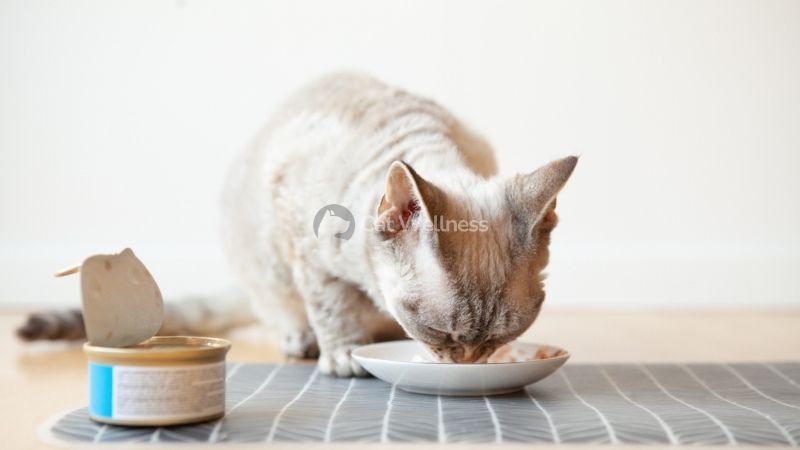
If you’re preparing your favourite lunch and your cat happens to sneak a bite or even finish a whole can of SPAM without your notice, there’s no need to be alarmed. SPAM is not harmful to cats, so your cat indulging in SPAM once won’t negatively affect their health or well-being.
Due to SPAM’s salty and savoury taste, your cat may find it quite appealing. If you’re concerned about your cat consuming too much SPAM in one go, it’s a good idea to reach out to your veterinarian for advice on handling the situation. In most instances, your cat is unlikely to experience any adverse reactions.
Mistakes can happen, and if your cat somehow manages to grab a bite of Spam, there’s no need to be overly concerned. Ingesting a small amount of Spam is unlikely to result in immediate harm. Nonetheless, keeping a close eye on your cat for negative reactions is essential.
Some cats might experience digestive issues, such as vomiting or diarrhea, because Spam contains high salt and preservatives. You should contact your veterinarian for guidance if these symptoms persist or worsen.
Five Foods That Are Harmful to Cats
- Chocolate: Chocolate contains theobromine, a substance that is toxic to cats. Even small quantities can lead to symptoms like vomiting, diarrhea, rapid breathing, an increased heart rate, and, in severe cases, seizures and death. Ensure all chocolate products are kept out of your cat’s reach.
- Onions and Garlic: Onions and garlic, both part of the allium family, contain compounds that can harm a cat’s red blood cells, causing anemia. Regular consumption of these ingredients can be hazardous, so it’s best to refrain from feeding your cat any foods containing them.
- Grapes and Raisins: While harmless to humans, grapes and raisins can induce kidney failure in cats. The exact toxic element is unknown, but even a small amount can have severe consequences. Ensure these fruits are kept away from your curious feline friend.
- Dairy Products: Cats may enjoy the taste of milk and other dairy products, but most adult cats are lactose intolerant. Consuming dairy can lead to digestive disturbances, including diarrhea. Opt for cat-specific lactose-free milk if you want to treat your cat occasionally.
- Raw Meat and Fish: Raw meat and fish can carry bacteria, parasites, and other pathogens that pose a health risk to your cat. Cooking meat and fish thoroughly eliminates these potential dangers, making them safe for feline consumption.
Why Is Spam Unhealthy for Cats?
Although Spam is made from pork, it’s not suitable for regular cat consumption due to its high levels of sodium and fat. These components are not ideal for a cat’s typical diet, and excessive
Spam consumption can lead to feline obesity due to its high-fat content. In terms of sodium, even a small portion, such as one-sixth of a can, contains nearly 20 times the daily recommended sodium intake for a cat. While the occasional Spam treatment won’t harm your cat, it won’t improve their overall health.
Alternative Cat Food Options
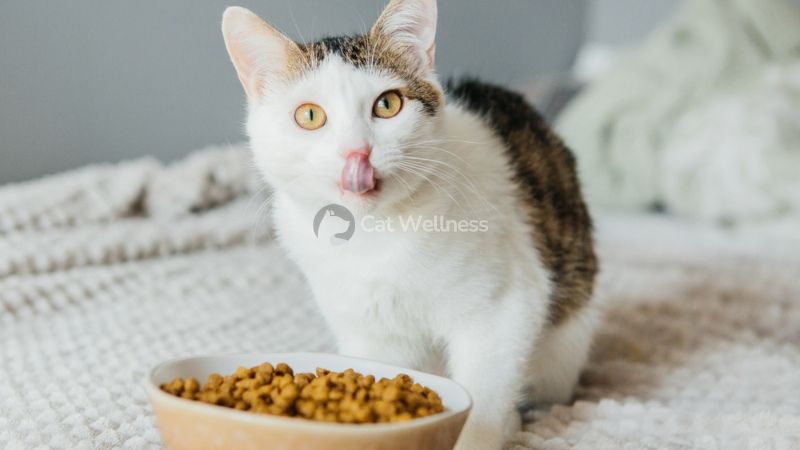
Cats are natural carnivores, meaning they depend on a significant amount of animal protein for survival. Given the widespread presence of cats in households today, you can easily come across various commercial cat food options in nearly any grocery store.
Nevertheless, the quality of commercial cat food varies, and it’s crucial to identify premium cat foods that support your cat’s well-being while ensuring they are well-fed and content. Consulting your veterinarian for suggestions is a valuable step to take. They might also know cat food choices tailored to specific dietary requirements or your cat’s health conditions.
Cat Supply by Age
Your cat’s age plays a significant role in determining the most suitable food for them. Depending on your cat’s age, specific dietary requirements or health concerns may arise.
For kittens, opting for high-quality, well-balanced kitten food is best. These products are specially formulated to support their urinary tract health and growth. Avoid feeding kittens meat with bones and refrain from giving them raw meat until they are older than 20 weeks.
Feeding adult cats is relatively straightforward. Just choose a reputable brand of cat food. You can provide a variety of foods, including freshly cooked meat or commercial cat food.
Senior cats require special attention regarding their diet due to potential health issues that come with age. Always consult your veterinarian to discuss the best dietary options for your senior cat based on their specific needs. Wet food can be an excellent choice for senior cats as it helps increase their overall fluid intake.
FAQs
Can cats have a taste of spam in moderation?
While it’s best to avoid spam altogether, an extremely small taste of plain, unsalted, and unseasoned cooked meat from time to time is unlikely to harm your cat. But make sure it’s a rare treat and not a regular occurrence.
How can I provide proper nutrition for my cat?
To ensure your cat’s health, it’s best to feed them a balanced and specially formulated cat food that meets their dietary requirements. Consult your veterinarian for the right food for your cat’s age, weight, and health needs.
What should I do if my cat accidentally consumes spam?
If your cat ingests a small amount of spam, monitor them for any signs of gastrointestinal distress. If you notice vomiting, diarrhea, or any unusual behavior, contact your veterinarian for advice.
Can cats eat any human food safely?
While some human foods are safe for cats in moderation, caution’s essential. Cats have specific dietary needs, and not all human foods suit them. Always consult your veterinarian before offering any human food to your cat to ensure it won’t harm their health.
Conclusion
In conclusion, we covered the question, Can cats eat spam? While cats may nibble on a small amount of spam without immediate harm, it is not a recommended part of their diet. Spam is high in salt and preservatives, which can be harmful to cats in excess. It’s always best to prioritise balanced and nutritionally appropriate cat food to ensure their health and well-being.
Thanks for reading!
Recommended Reading

